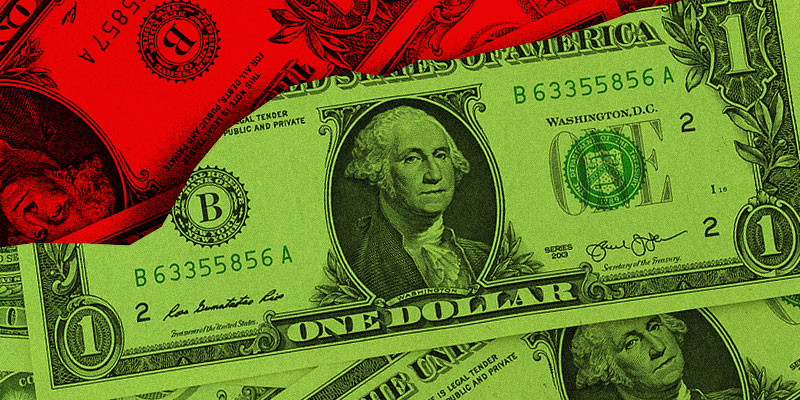The only two sure things in life, according to the saying, are death and taxes. Should businesses profit when one of their employees dies? They can avoid taxes, and this reduces our prosperity.
I first read about “Janitors Insurance” or “Dead Peasants Insurance” in Harvard Professor Michael Sandel’s What Money Can’t Buy. Professor Sandel used the case to criticize how this affected businesses’ view of workers: “Creating conditions where workers are worth more dead than alive objectifies them; it treats them as commodity futures rather than as employees whose value to the company lies in the work they do.”
Corporations have legitimate reasons to take out insurance on top executives. A good CEO has a vision and strategy for a company, which subordinates may not fully grasp. The sudden and unexpected death of a leader can cost a company. The insurance industry creates value by covering such losses.
By contrast, firms’ financial interest in most employees is more modest. Employees are certainly worth more than their salary, because they know and are good at their jobs. Hiring and training a replacement takes time and money. The stake, however, is small relative to the insurance policies companies take out, like a $250,000 policy for a convenience store clerk. And companies keep the policies after employees quit or retire, so they are not protecting against losses from separation.
Janitors (and executives) Insurance policies are not for the employees’ benefit; they are “company-owned,” meaning that the business pays the premiums and is the beneficiary. Many businesses do offer life insurance as an employee benefit. Employees and their families are the beneficiaries of these policies.
Although Professor Sandel refers in the above quote to an employee being worth more dead than alive, no one accuses businesses of hastening employees’ deaths to collect Janitors Insurance.
Our tax code incentivizes businesses to purchase Janitors Insurance. Life insurance is an investment yielding a return on the premiums paid. The insurance company invests the premiums and shares some of the returns through a more generous benefit to make life insurance more attractive to potential customers.
Significantly for our story, life insurance death benefits are generally tax-free. This allows businesses tax-free investment income.
We might want to blame corporations for trying to pay less in taxes, but this would be misplaced. Public finance economics distinguishes between tax avoidance and tax evasion. Avoidance legally reduces taxes owed, while evasion involves lawbreaking. Economists assume that individuals and businesses will engage in avoidance. Indeed, numerous ads during income tax season encourage us to avoid paying too much. We control tax evasion through legal and moral sanctions.
Efforts like Janitors Insurance to avoid taxes divert businesses’ effort away from earning profits. The time and effort managers use devising new tax dodges cannot be spent making new or improved goods and services or lowering costs, activities which make our economy more prosperous. Avoiding taxes merely makes someone else pay for government. When businesses find avoiding taxes more profitable than producing goods and services, our economy grows more slowly.
Considerable investment went into developing Janitors Insurance. Corporations lobbied states during the 1980s for laws allowing the insuring of all employees, not just executives. And explaining the legality and wisdom of Janitors Insurance to top management must have taken many meetings.
We like taxing businesses because they appear rich. Yet the question of who truly pays business taxes is very complicated. Taxes can reduce worker pay, while many working Americans own stocks through a pension or IRA.
Because of these uncertainties and the enormous cost of making tax avoidance more profitable than production, many economists support lower business taxes. The Tax Cuts and Job Act of 2017 indeed cut the corporate tax rate from 35 to 21%. Time will tell, but this tax cut should reduce businesses’ use of Janitors Insurance.
Daniel Sutter is the Charles G. Koch Professor of Economics with the Manuel H. Johnson Center for Political Economy at Troy University and host of Econversations on TrojanVision. The opinions expressed in this column are the author’s and do not necessarily reflect the views of Troy University.













